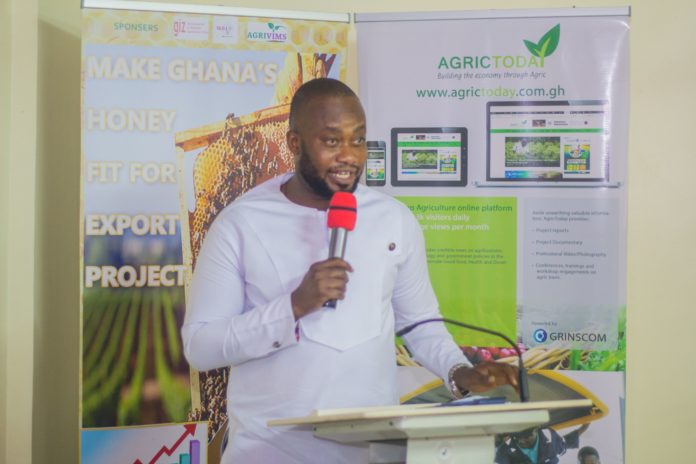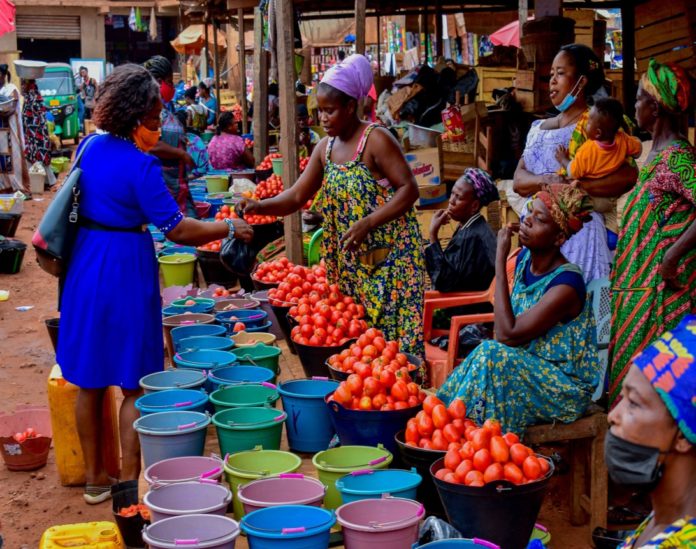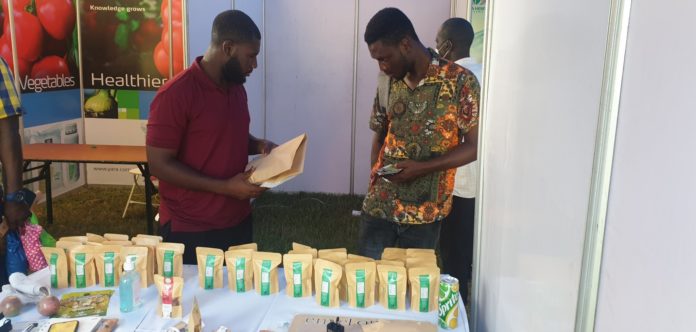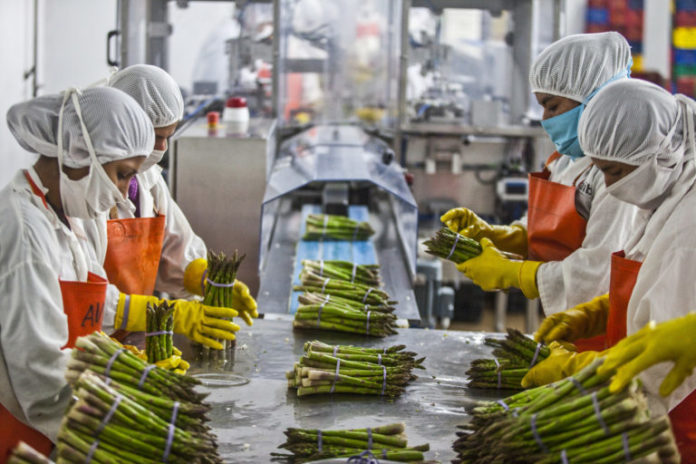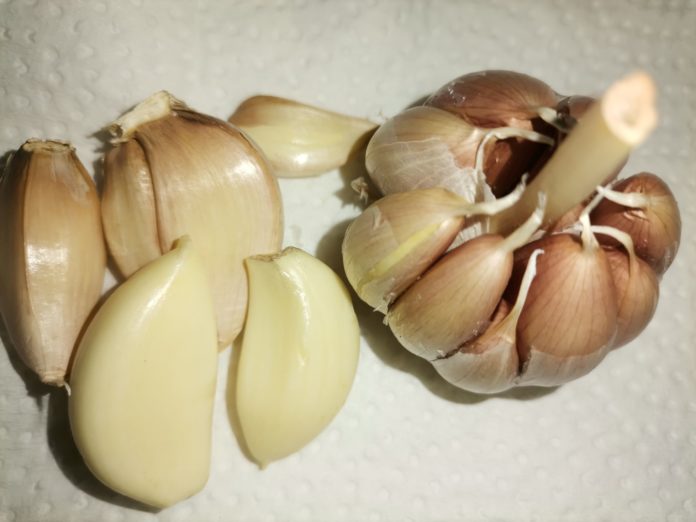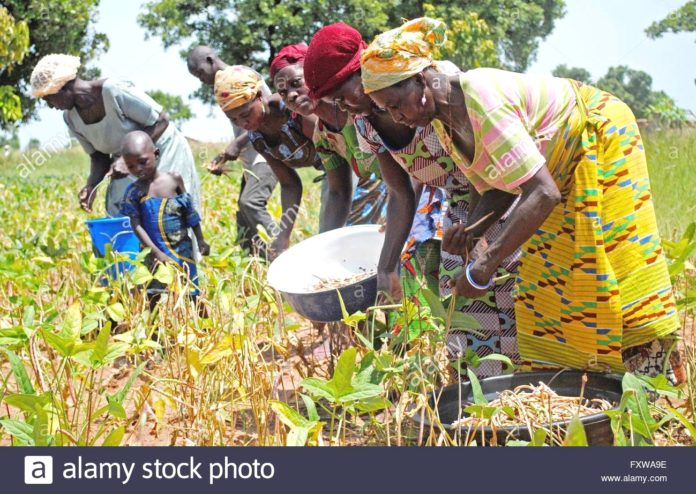Businessman, Daniel Nii McKorley (MacDan) has said persons who are against the contract awarded to one of his companies, Electrochem Ghana Limited, to mine salt at Ada in the Greater Accra region, do not love Ghana.
1.56 million children involved in child labour are revealed by the new survey in the 2022 Chocolate Scorecard.
The 2022 Chocolate Scorecard has shed light on the chocolate industry’s good producers and “rotten eggs” after its latest survey.
Dangote says people are ‘begging’ him to sell crop nutrients as sanctions against Russia disrupting supply.
Africa’s richest man Aliko Dangote says people are ‘begging’ him to sell crop nutrients as sanctions against Russia disrupt the supply.
Don’t blame us for global food challenges, negative trends in agric markets – Russian Embassy in Ghana.
The Russian government has absolved itself of any blame for the current challenges, bringing the global food value chain to its knees.
E-Levy will prohibit the availability of food on the market – CEO, the Chamber of Agribusiness Ghana.
The Chief Executive Officer of the Chamber of Agribusiness Ghana, Farmer Anthony Morrison has stated that the implementation of Electronic Levy (E-Levy) will limit the availability of food on the market in many cities across the country.
Two tomato traders were killed in an armed robbery attack in Burkina Faso.
Two Ghanaian tomato traders have died while three others are in critical conditions after armed robbers attacked five tomato importing vehicles at Tambolo near Dakota in Burkina Faso about half a mile from the Ghana border at Paga
Value addition is critical to the development of the agriculture sector and farmers’ well-being.
Agriculture is one of the major contributors to the economy. To ensure maximum actualization of the sector, good policies like processing facilities must be put in place to add value to the agricultural products that could make Ghana one of the leading economies in terms of food security in Africa.
Global Supply Chain Disruptions: Implications for Food Security in Ghana.
“There is no fundamental exercise better for the heart than reaching down and lifting people up the essence of our existence”. This is a heartfelt appreciation of the millions of people reaching out to the Ukrainian refugees and showing them that the creator still lives and will meet them at the point of their needs either in death or alive.
Never eat garlic when you have these problems, it can be very harmful.
Garlic is found in every Ghanaian kitchen. This not only enhances the taste of the recipes, but it also gives many benefits to your body even after eating it raw. According to Ayurveda, garlic is helpful in reducing your blood pressure, controlling cholesterol levels, improving heart health, and preventing many types of cancer. According to Ayurveda, garlic has been used as a medicine for centuries.
Garlic is rich in anti-bacterial and anti-inflammatory properties. In addition, it also has antioxidant properties, which help to keep you healthy by strengthening your immunity. Due to the properties found in it, you can get rid of many problems like cancer, heart disease, stomach diseases, and lung defects. But in some situations, the consumption of garlic can prove to be very harmful to you, so let us tell you today under which conditions you should not consume garlic.
Garlic should not be consumed under these conditions: –
Do not eat in anemia.
Those people who have lack blood in their body should not consume or consume garlic in small amounts. Garlic works to burn fat from your body. In such a situation, there is a lack of blood in the body of people who are anemic. Such people should avoid consuming more quantities of garlic.
Do not eat with low blood pressure.
People who have low blood pressure problems often should not consume garlic or should consume it in small quantities. In such a situation, eating garlic reduces your blood pressure and which can prove to be fatal for you.
Do not eat due to stomach problems.
People who are often troubled by stomach-related problems like acidity, constipation or heaviness, etc. Those people should avoid or not consume garlic. Garlic leaves such elements in your body, due to which your problem may increase further.
Do not eat blood thinners.
If you are taking blood thinners, then you should eat very small amounts of garlic. Garlic works in your body to improve blood circulation. In such a situation, the consumption of both things can make your blood thinner and more blood can be released if you are hurt. Therefore, avoid consuming garlic in such a situation.
Do not eat when the mouth smells.
If you have a lot of bad smells in your mouth, then you should reduce your intake of garlic because garlic can increase the smell of your mouth, which may cause you trouble. Therefore, avoid eating garlic in such a situation.
Farmers’ patronage in Agriculture Insurance is still low – GAIP.
The Ghana Agricultural Insurance Pool (GAIP) is concerned about the low patronage of farmers in agriculture insurance schemes, projecting that this reluctance could have unpleasant consequences for the sector’s value chain.





